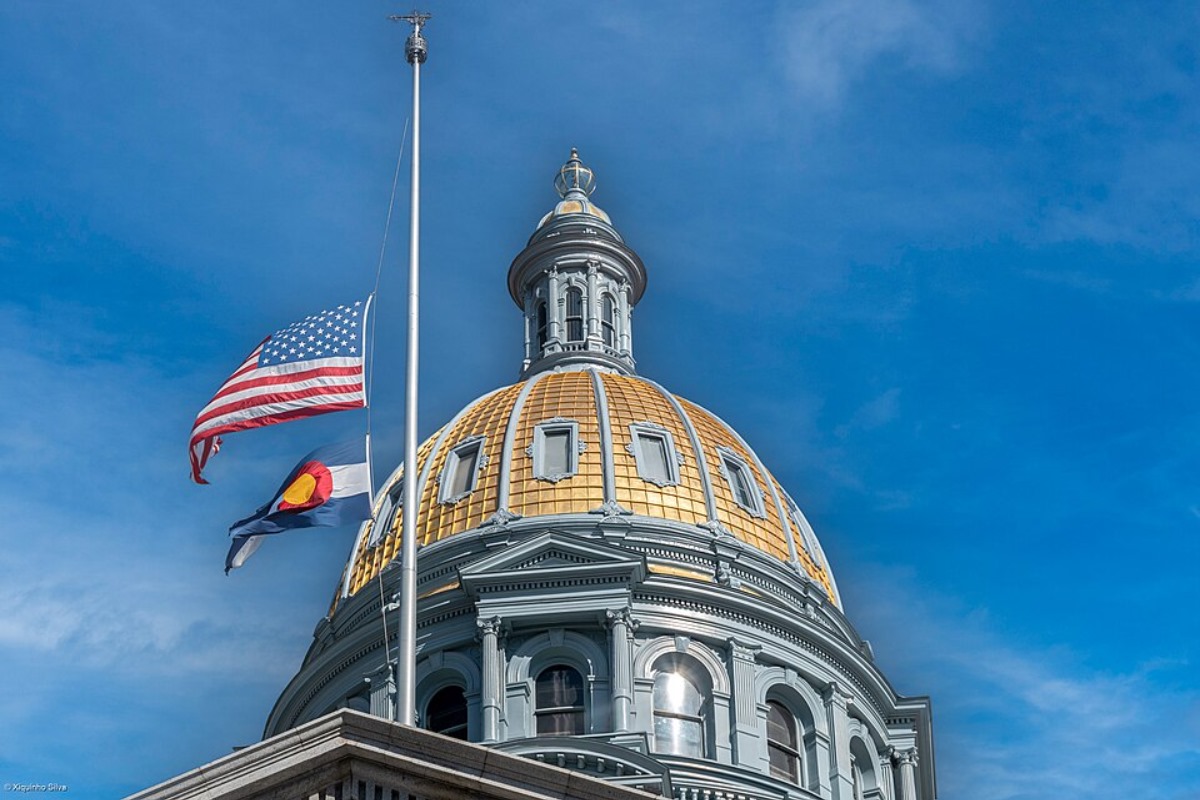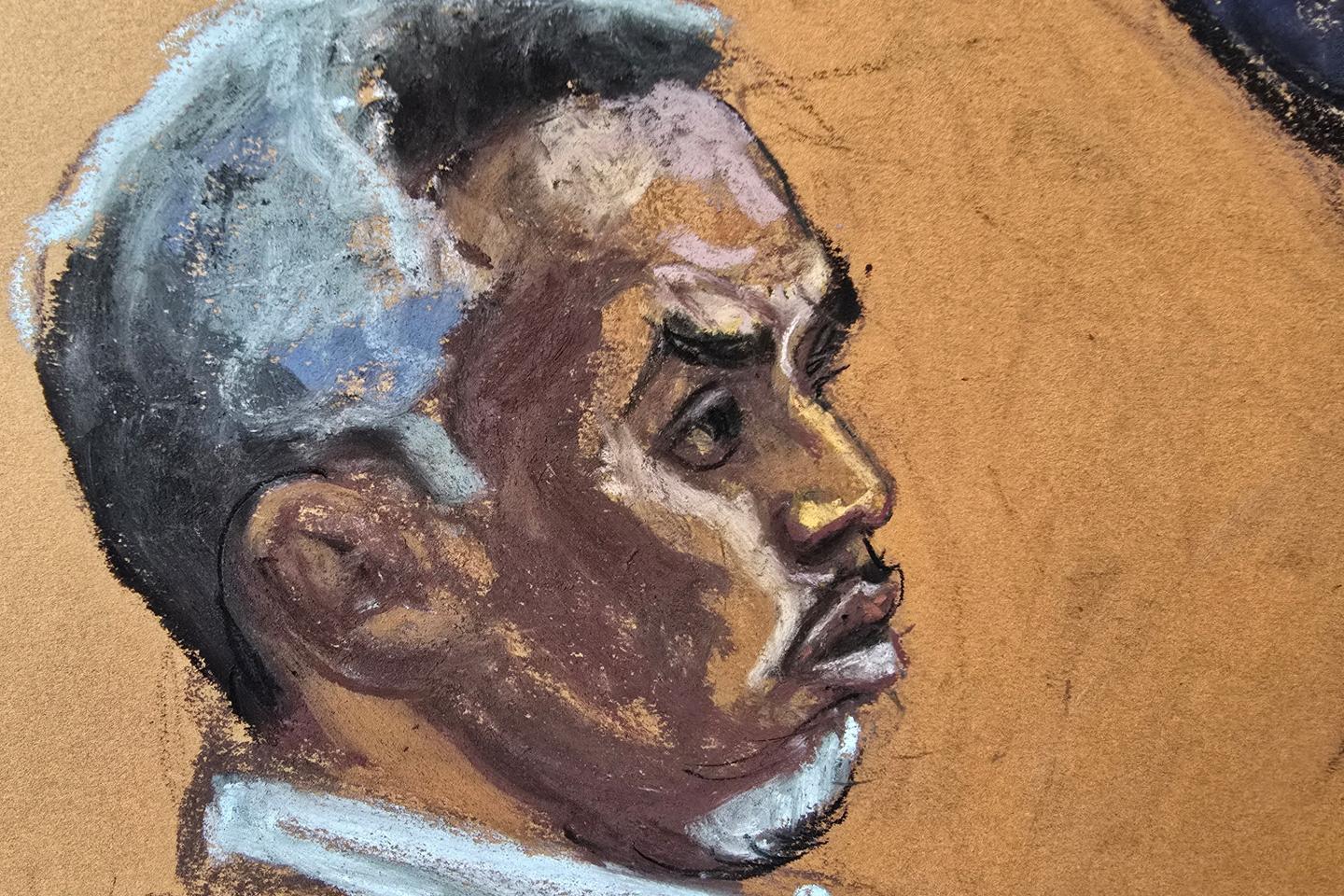Colorado Strengthens Protections for Sexual Assault Survivors: New Law Restricts Evidence Use

HB25-1138 dramatically limits the admissibility of evidence related to a survivor’s past sexual behavior, lifestyle choices, and clothing. Previously, plaintiffs’ attorneys could attempt to introduce such evidence to challenge a survivor's credibility or portray them in a negative light. This practice often re-traumatized survivors and had little bearing on the core issue of whether the alleged misconduct occurred. Under the new law, this type of evidence is largely inadmissible, with very narrow exceptions.
The rationale behind this legislation is rooted in recognizing the inherent power imbalance in sexual assault cases and the detrimental impact that invasive questioning and evidence presentation can have on survivors. Experts and advocates have long argued that allowing evidence of a survivor’s past behavior to be introduced distracts from the central question of consent and unfairly prejudices juries. By limiting this type of evidence, Colorado aims to create a more equitable and supportive legal environment for survivors.
While the law significantly restricts the use of lifestyle and clothing evidence, it does include limited exceptions. Evidence may be admissible if it demonstrates a pattern of behavior directly related to the alleged misconduct, or if it’s essential to proving a specific element of the case. However, the burden of proof for establishing these exceptions rests heavily on the defendant, requiring a compelling demonstration of relevance and necessity. The courts will carefully scrutinize any attempts to introduce this type of evidence.
HB25-1138 is expected to have a profound impact on civil sexual misconduct cases in Colorado. It is anticipated to reduce the emotional toll on survivors, streamline legal proceedings, and ultimately lead to fairer outcomes. This law aligns Colorado with a growing national trend of strengthening protections for sexual assault survivors and addressing the systemic biases that can hinder their pursuit of justice. Similar legislative efforts are underway in other states, reflecting a broader societal recognition of the need to support survivors and hold perpetrators accountable. The law’s effectiveness will depend on how it’s interpreted and applied by the courts, and ongoing advocacy will be crucial to ensure its intended purpose is fully realized. This could serve as a model for other states seeking to improve their legal frameworks for addressing sexual misconduct and supporting survivors.


:max_bytes(150000):strip_icc():focal(772x239:774x241)/elijah-blue-allman-marieangela-king-cher-062625-c758c0709d4b48bc8a74889213410c04.jpg)



